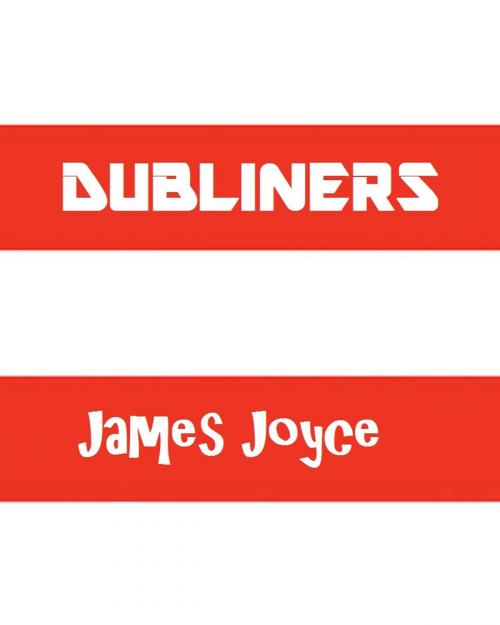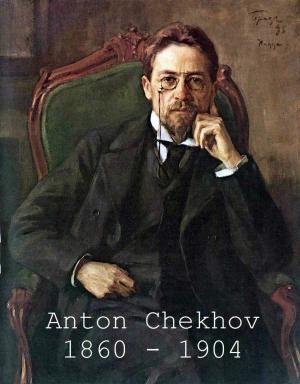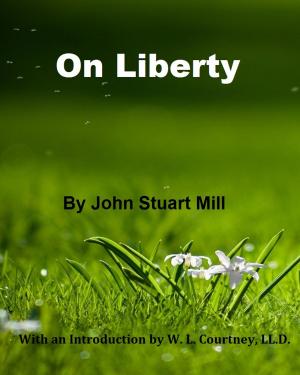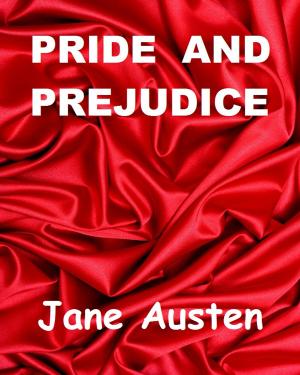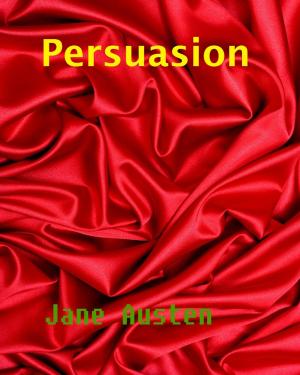| Author: | James Joyce | ISBN: | 1230000380652 |
| Publisher: | Variety Books | Publication: | April 22, 2015 |
| Imprint: | Language: | English |
| Author: | James Joyce |
| ISBN: | 1230000380652 |
| Publisher: | Variety Books |
| Publication: | April 22, 2015 |
| Imprint: | |
| Language: | English |
Dubliners is a collection of fifteen short stories by James Joyce, first published in 1914. They form a naturalistic depiction of Irishmiddle class life in and around Dublin in the early years of the 20th century.
The stories were written when Irish nationalism was at its peak, and a search for a national identity and purpose was raging; at a crossroads of history and culture, Ireland was jolted by various converging ideas and influences. They centre on Joyce's idea of anepiphany: a moment where a character experiences a life-changing self-understanding or illumination. Many of the characters in Dubliners later appear in minor roles in Joyce's novel Ulysses. The initial stories in the collection are narrated by child protagonists, and as the stories continue, they deal with the lives and concerns of progressively older people. This is in line with Joyce's tripartite division of the collection into childhood, adolescence and maturity.
Dubliners is a collection of fifteen short stories by James Joyce, first published in 1914. They form a naturalistic depiction of Irishmiddle class life in and around Dublin in the early years of the 20th century.
The stories were written when Irish nationalism was at its peak, and a search for a national identity and purpose was raging; at a crossroads of history and culture, Ireland was jolted by various converging ideas and influences. They centre on Joyce's idea of anepiphany: a moment where a character experiences a life-changing self-understanding or illumination. Many of the characters in Dubliners later appear in minor roles in Joyce's novel Ulysses. The initial stories in the collection are narrated by child protagonists, and as the stories continue, they deal with the lives and concerns of progressively older people. This is in line with Joyce's tripartite division of the collection into childhood, adolescence and maturity.
